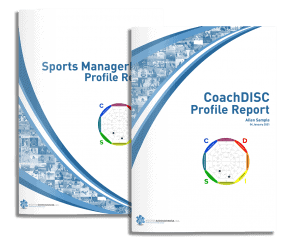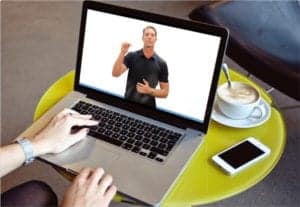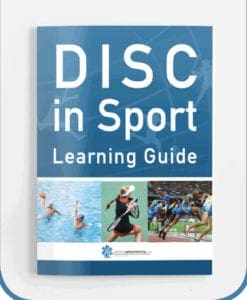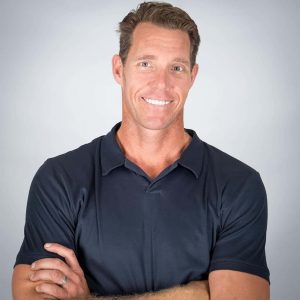The 2018 NACE survey lists team building skills as the #1 attribute graduate employers are looking for
Team building tops the list of non-technical attributes employers are looking for in college graduates, according to a recent survey by the NACE Centre For Career Development and Talent Acquisition. Communication and leadership skills also feature in the top five.
Specifically, 83% of employers responding to the survey said that team building was the number one non-technical attribute, while 72.6% needed to see evidence of leadership abilities and 67.5% of employers consider verbal communication skills essential.
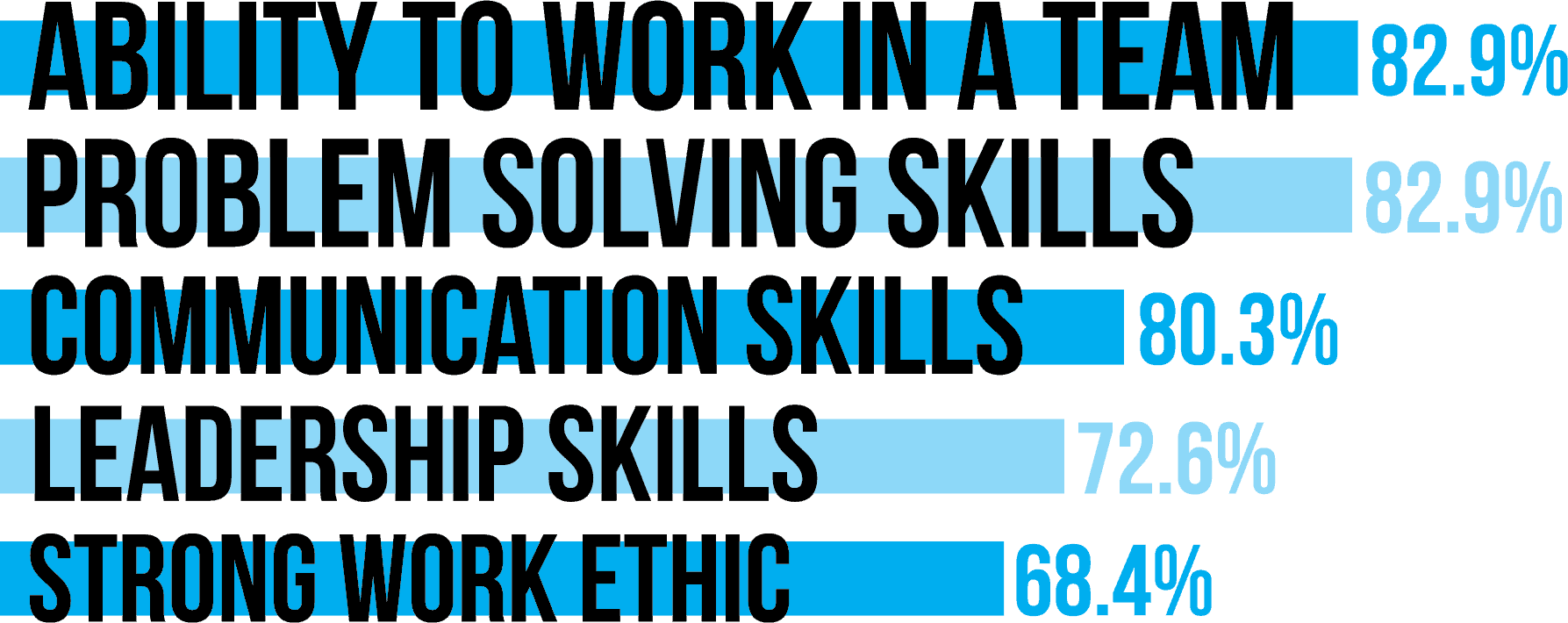
The 2018 NACE survey results reinforce the value that sport plays in developing strong candidates for future employment. Ask any coach what is important to them, and you’ll hear in their reply, words like team building, communication and leadership skills. Perfect alignment to what employers are looking for too.
Contributing effectively to any aspect of team building, whether within sport or in a professional career, takes self-awareness. It’s self-awareness that brings people to an understanding of their contribution to a team and the impact they have on those around them. They will then be aware of how they approach tasks compared to other people and that there are different styles and ways to do things and communicate with people. It is through self-awareness that people build better relationships, stronger communication and leadership skills.
DISC Profiling is a fast and effective pathway to self-knowledge and ultimately how to improve communication, build strong and effective relationships, and leadership skills. We talk to past student-athletes and current academics to see their experiences have developed the ‘people skills’ employers are looking for.

Robert E. Baker, Director of the Center for Sport Management at George Mason University says of Athlete Assessments DISC Profiles,“the variety of student profiles, and the accuracy with which the profiles connected to each individual, was a great starting point for both self-reflection, and leadership insights.”
Illustrating how Athlete Assessments DISC Profiles can be used directly for team building within the classroom setting, Jacob Tingle, Assistant Professor at Trinity University Texas says, “we use the DISC Profiling to assemble teams for group assignments. In this way it helps students facilitate the growth of relationships and recognize the importance of fostering collaboration to achieving common goal.”
People skills or the non-technical elements of sport are often overlooked in favor of technical and physical development. However, it’s the non-technical or personal skills that give athletes the edge in competition and according to the NACE’s survey, knowing how to showcase them within the professional sphere could help an athletes’ candidature in their next job application.
Chris McDonell of St Mary’s University, California took his AthleteDISC Profile (which he had completed as part of his Rugby Team) with him when he applied for a career in California’s police force. Chris felt that the Profile would give his interviewers an overall picture of his team building experience, leadership skills and communication style. Importantly for police work the report also gave his employers an indication of how he might behave under pressure. Chris’s prior knowledge of his tendencies has given him time to develop strategies to harness his strengths and work on his growth areas. His interviewer told him that his AthleteDISC Profile and his self-knowledge gave him a competitive advantage over his fellow candidates.

Similarly, when Natasha Miller of St John’s University, New York, was confronted with a DISC Profile survey in a job interview, she knew exactly what to do, what her strengths were and how to make maximum use of them in a team setting. Her Sports ManagerDISC Profile (used when she took a class in Sport Management at St John’s) showed she knew that relationships and communication were her strengths. Her experience with DISC Profiling resulted in her securing a position for $20,000 more than the original role she applied for.
Dr. Marlene Dixon, Professor of Health and Kinesiology at Texas A&M University, summarizes her experience of using Athlete Assessments’ DISC Profiles in the classroom setting when she says, “I find that students learn about their own behavioral styles – BUT – where the lights really come on is an awareness of how they behave relative to others with whom they work – how they conflict and complement each other, how they approach and solve problems differently, and how their behaviors impact and are impacted by the styles of others”.
It’s no co-incidence that employers want the same skills that coaches want. In any endeavor, a group of people will perform best when they have great teamwork, communication and leadership. The secret is developing these and being able to transfer them into other arenas.
Find out more about the relevant Athlete Assessments program for you:
- Team Programs
- Academic Programs
- Student-Athlete Leadership Programs
- Or More about DISC Profiling in Sport
At Athlete Assessments, we’re here to provide you with excellence in service and here to help you be your best. If there is anything we can assist you with, please Contact us.


